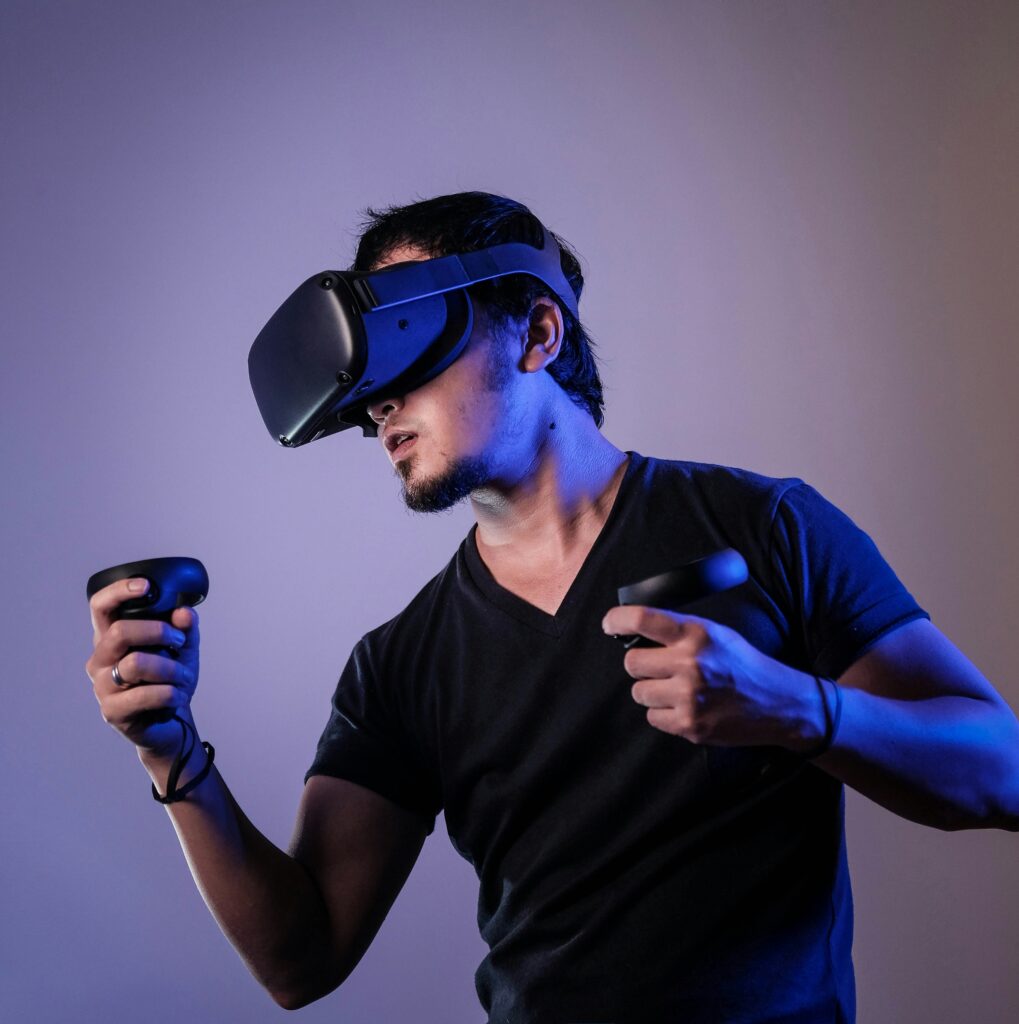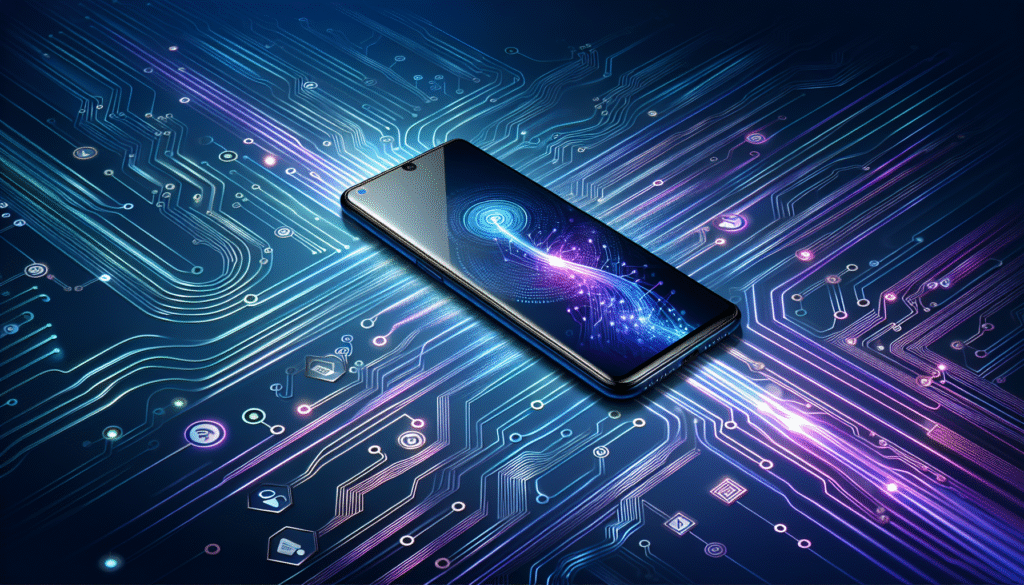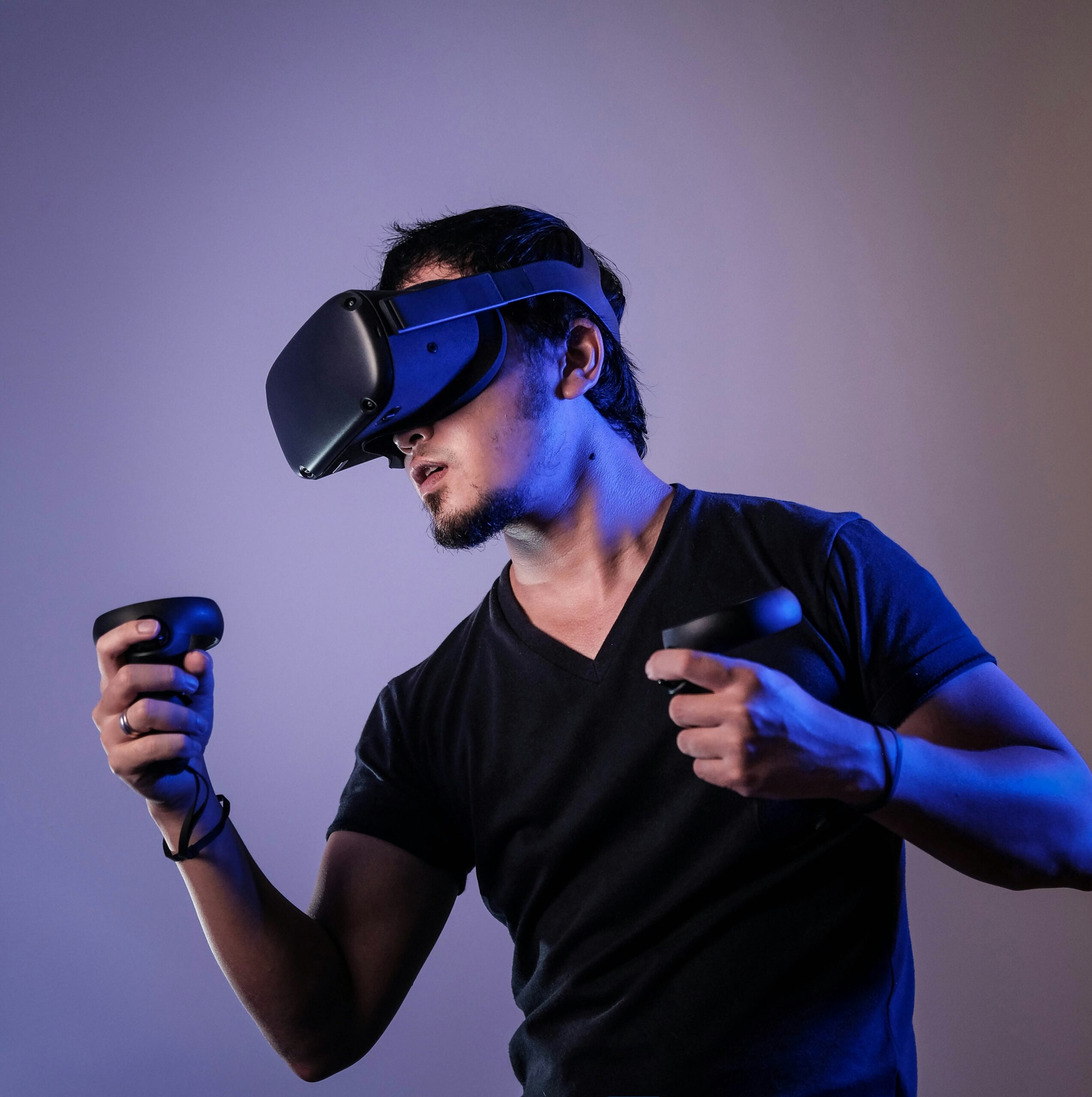How does AI optimize smartphone performance? It’s a question that many of us have pondered as we wander through the complexities of our devices. Smartphones have become an integral part of our lives, and as they evolve, we can’t help but be curious about what’s happening behind the scenes to enhance our overall user experience. Let’s unpack this together.
Understanding AI and Its Role in Smartphones
Artificial Intelligence, or AI, refers to the capability of a machine to imitate intelligent human behavior. It is a broad field that encompasses various techniques and systems, from simple automation to complex algorithms that can learn and adapt. When it comes to smartphones, AI plays a critical role in optimizing performance and making our lives easier.
We might think of AI as a behind-the-scenes assistant, constantly analyzing our habits and preferences to enhance our smartphone experience. From managing battery life to improving camera quality, AI is embedded in almost every function of modern smartphones.
How AI Learns Our Usage Patterns
Have you ever noticed how your phone seems to know what you need before you even ask for it? That’s AI at work!
AI algorithms collect data on our daily smartphone usage and analyze it over time. This can include the apps we use most frequently, the times of day we use our phones, and even the types of notifications we respond to. By recognizing these patterns, our devices can make smarter choices about how to allocate resources.
For instance, if we consistently open a particular app around the same time every day, AI can pre-load that app, allowing it to open faster. This not only saves us time, but it also creates a smoother user experience.
The Importance of Machine Learning
Machine learning is a subset of AI that focuses on the idea that systems can learn from data, recognize patterns, and make decisions with minimal human intervention. Smartphones leverage this technology to optimize performance in several ways.
-
Predictive Text: We’ve all seen our keyboards suggesting words or phrases as we type. This predictive capability gets better over time as our phone learns our writing style and vocabulary.
-
Personalized Recommendations: Based on our app usage and browsing habits, AI can suggest new apps or content that align with our interests. This not only enhances our experience but also keeps us engaged with our devices.
-
Resource Management: Our smartphones come equipped with a myriad of features that can drain battery life. AI optimizes resource management by learning which features we utilize the most, thereby allocating power efficiently to those functions.
As these systems learn, they become more adept at predicting our needs, which in turn ensures seamless performance.

AI Enhancements in Daily Functions
We often take for granted the small optimizations that AI brings to our everyday smartphone functions. Let’s break down how AI enhances various features.
Camera Capabilities
Just think about how much we use our smartphones to capture memories. AI has transformed the way we take photos, essentially revolutionizing mobile photography.
-
Image Processing: AI algorithms analyze the content of a scene in real time, enhancing contrast, color balance, and noise reduction to produce clearer, more vibrant images.
-
Facial Recognition: The technology behind facial recognition in smartphones integrates AI to accurately identify and authenticate users, providing both security and convenience.
-
Smart Features: Modes such as portrait mode or night mode utilize AI to control focus and lighting, allowing us to achieve professional-quality results without needing to know the technical finesse of photography.
Battery Management
Battery life is a significant concern for most smartphone users. AI comes into play by learning our usage patterns to optimize battery performance.
-
Adaptive Battery: This feature, found in some Android devices, learns which apps we use the most and prioritizes battery allocation accordingly. Lesser-used apps may enter a sleep mode, conserving energy when they’re not in use.
-
Power Saving Modes: Based on our habits and battery levels, AI can suggest or automatically enable power-saving settings to extend battery life, even adjusting background activity to keep your device running longer.
Voice Assistants
Voice assistants have become a staple in smartphone functionality. Through AI, they have evolved to be more intuitive and responsive.
-
Natural Language Processing (NLP): This technology allows voice assistants to understand and interpret user commands with high accuracy, making interaction feel more natural.
-
Contextual Awareness: AI enables your voice assistant to understand contextual information based on past interactions and current activity, allowing for more relevant responses.
-
Task Management: We can assign tasks directly to our voice assistants, facilitating a hands-free experience. Whether it’s setting reminders or sending messages, everything feels effortless.
Security Features
With the rise of cybersecurity threats, smartphones have embraced AI to enhance security measures.
-
Threat Detection: AI algorithms analyze app behavior and network traffic to identify anomalies that may suggest malicious activity, protecting us from potential breaches.
-
Biometric Authentication: Features such as fingerprint scans and facial recognition use AI to improve accuracy and speed, allowing for secure yet quick access to our devices.
-
Phishing Detection: AI can help recognize potential phishing scams by analyzing the content of emails or messages in real time, giving us an extra layer of protection.

AI and User Experience
Let’s talk more about how AI is improving our overall user experience. The way we interact with our smartphones is crucial, and AI enhances these interactions at every step.
Personalized Experiences
With AI’s ability to analyze our preferences, it curates personalized experiences tailored just for us.
-
Customized Notifications: AI algorithms learn which notifications we respond to the most. As a result, smartphones can prioritize alerts based on our behavior, ensuring we see the most relevant information first.
-
Content Curation: Whether it’s suggestions on streaming platforms or news articles, AI improves the systems that serve us content we’re likely to enjoy or find useful.
Efficient Multitasking
Multitasking is part of our daily lives, and AI helps our smartphones handle this more effectively.
-
App Management: AI can prioritize which apps need active resources when we’re using multiple applications simultaneously. This management minimizes lag time and enhances flow.
-
Performance Optimization: By continuously analyzing performance metrics, AI ensures that our devices run smoothly, reducing the likelihood of crashes or slowdowns during critical moments.
Intuitive Interfaces
The user interface is the essence of our interaction with our smartphones. With the help of AI, interfaces are becoming more intuitive and engaging.
-
Gesture Recognition: AI has improved gesture recognition, allowing us to navigate our smartphones using simple movements, enhancing the tactile experience.
-
Smart Suggestions: AI machines learn from our actions and can suggest shortcuts or frequently used settings based on our preferences, reducing the time we spend searching for features.

The Future of AI in Smartphones
As technology continues to innovate and evolve, so too will the role of AI in our smartphones.
Enhancements Ahead
We can anticipate even more advancements as AI continues to grow.
-
Real-Time Translation: Imagine holding a conversation with someone who speaks a different language, and your smartphone translates in real-time. This fusion of AI and communication could break down language barriers like never before.
-
Enhanced Privacy: With increasing concerns about data privacy, future smartphones may utilize AI to manage our information proactively, ensuring our data is secure while still delivering a personalized experience.
-
Augmented Reality (AR): Integrating AI with AR could redefine how we interact with our environment. By overlaying digital information in real-time, smartphones could revolutionize gaming, education, and more.
Ethical Considerations
As we look forward to these potential enhancements, we must also address the ethical implications of AI in our smartphones.
-
Data Security: The information collected to personalize our experience raises questions about who has access to it and how it’s used. Companies will need to prioritize transparency and educate us about data handling.
-
Bias in AI: We should consider how AI can perpetuate biases if it learns from flawed data. It’s crucial to develop algorithms that are fair and representative of diverse user experiences.
-
Dependence on Technology: As we integrate AI deeper into our devices, we must remain vigilant against over-dependence and ensure that technology serves to enhance our capabilities rather than limit them.

Conclusion
The way AI optimizes smartphone performance is astonishingly multidimensional. Together, we’ve pieced together how AI doesn’t just make our smartphones smarter; it fundamentally enhances the fabric of our daily lives. From camera enhancements to battery management and personalized experiences, AI is our invisible ally, working tirelessly to ensure that our devices serve us better and more intuitively.
As we continue to embrace advancements in technology, it’s crucial to stay informed and engaged with how these changes impact our lives. Understanding AI’s capabilities and challenges will empower us to utilize these innovations responsibly and effectively. We are not just passive recipients of technology; we are active participants shaping our experience. So, let’s step into that future with curiosity and responsibility, always ready to learn more about the magic happening in our pockets.


